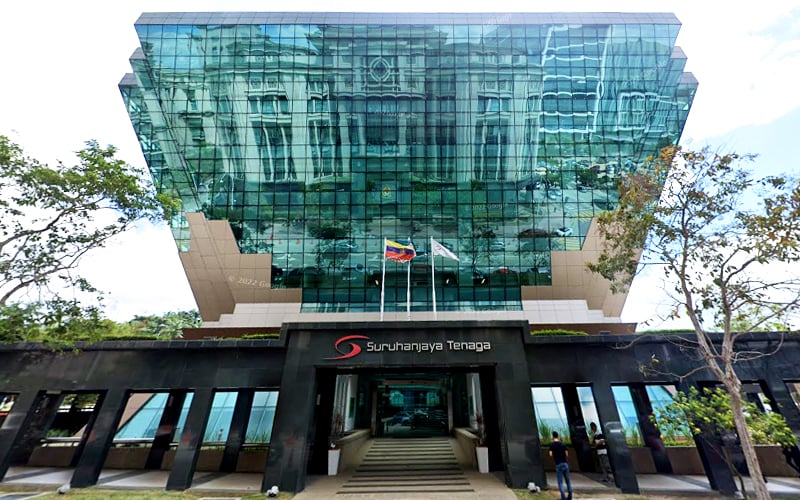
PETALING JAYA: The government must explain the rationale for appointing a senior executive from Gamuda Bhd as the new chairman of the Energy Commission, an anti-corruption watchdog says.
Expressing concern over the appointment, the Center to Combat Corruption and Cronyism (C4) said Putrajaya must come clean and reveal why Gamuda group deputy managing director Rashdan Yusof was appointed to the post when the company was involved in the renewable energy industry.
“The government needs to explain what credentials made him a suitable candidate, how he can make a difference in the industry, and how the selection process was conducted. We want transparency in the (selection) process,” C4’s CEO, Pushpan Murugiah, told FMT.
Pushpan said appointing an industry player as the commission’s chief has raised questions about a conflict of interest and would not boost investor confidence.
According to Gamuda’s website, Rashdan joined the company in 2018 and sits on its board. He is listed as an alternate director to group managing director Lin Yun Ling.
Gamuda is a major player in the renewable energy sector. Last December, it announced that it was spending RM2 billion to grow its renewable energy business.
A source told FMT that industry players and businesses were frustrated by the government’s silence on the appointment.
Transparency International Malaysia president Muhammad Mohan urged Rashdan to turn down the position, as it would cause a conflict of interest and reflect poor governance in the commission.
“Whoever appointed him appears to be ignorant of what ‘conflict of interest’ means. His (Rashdan’s) current company is already involved in the energy business and is still involved,” he said.
He said such appointments made it difficult for Malaysia to improve its score in Transparency International’s annual Corruption Perception Index (CPI), as it measured the perception of experts in business and matters concerning the country.
“How can businesses and experts give Malaysia good marks in the CPI if basic governance issues are ignored in the public sector?” - FMT



No comments:
Post a Comment
Note: Only a member of this blog may post a comment.